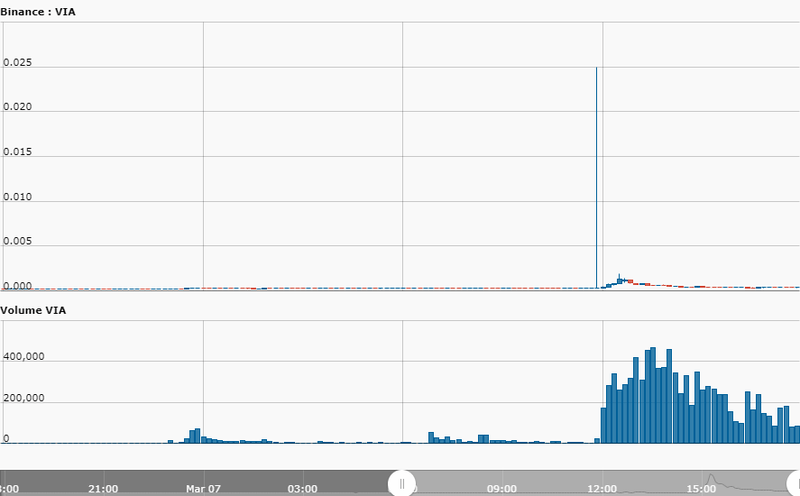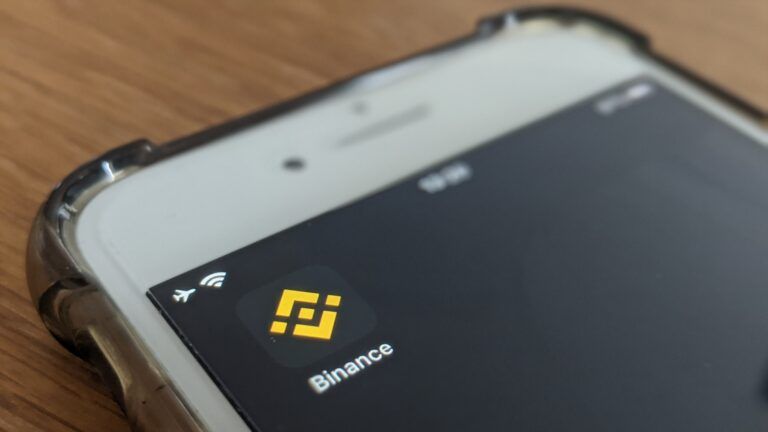Leading cryptocurrency exchange Binance has revealed it is rewarding a team of investigators with $200,000 for submitting a long-form report that identified one of the attackers that tried to hack the exchange in 2018.
In a press release shared with CryptoGlobe, Binance revealed that the U.S. Department of Justice revealed its indictment of two individuals responsible for an attempted hack on Binance in March 2018, and that the U.S. Department of the Treasury’s Office of Foreign Assets Control announced sanctions targeting these individuals.
Per Binance, the fraudsters created websites mimicking Binance’s platform to collect login credentials from users, and then used those credentials to attack. CryptoGlobe reported on the attempted attack in March 2018.
At the time, the hackers attempted to manipulate the market by creating Viacoin buy orders with phished accounts. – Using their accounts, they then sold Viacoin at a large premium on the VIA/BTC trading pair and attempted to withdraw bitcoin.
The activity, however, triggered Binance’s security systems, which halted withdrawals and prevented the hackers from cashing out. The move saw Viacoin’s price surge as much as 1,100% in about a minute as the market was being manipulated.

Binance noted that back then it started offering a $250,000 reward for information leading to the arrest of the attackers, and that in that month it received a long-form report from a team of researchers on one of the attackers.
In the following months, it worked with law enforcement in the U.S. to identify both attackers. The culprits, the exchange wrote, have “been identified and sanctioned, and are currently being pursued.”
While the suspects remain at large, Binance revealed it is awarding the researchers who submitted the report $200,000 for their work, with the remaining $50,000 set to be awarded once the attackers are in custody.
In its press release, Binance touted its efforts against cryptocurrency fraud through various methods, including the CryptoSafe Alliance. The alliance maintains, among other things, a blacklist of member-submitted addresses. These addresses can enter the blacklist if they are found to be complicit in criminal activities, including fraud, extortion, theft, and money laundering.









